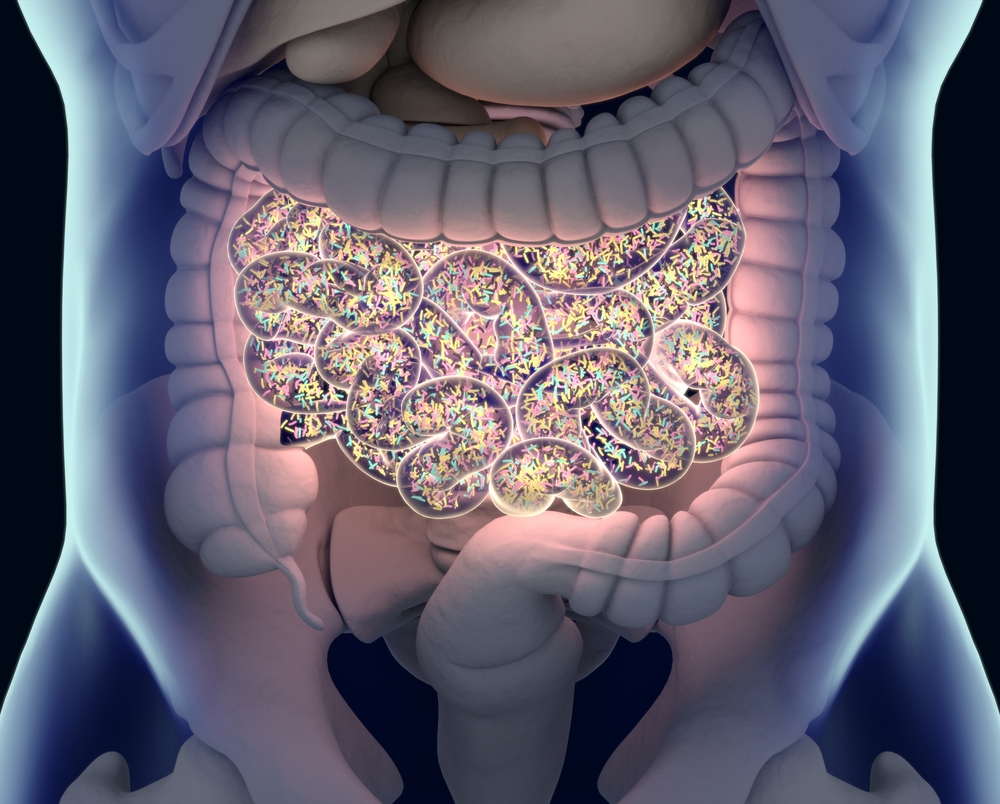One More Small Piece of the Puzzle on the Role of Gut Micro-organisms in MS

Researchers found a significant increase in some types of gut bacteria and lower levels of an anti-inflammatory factor in untreated multiple sclerosis twins.
The study offered working evidence that components of gut microbiota contribute to autoimmune diseases like MS.
Researchers published their article in the journal Proceedings of the National Academy of Sciences.It was titled “Gut microbiota from multiple sclerosis patients enables spontaneous autoimmune encephalomyelitis in mice.”
Our gut contains millions of good bacteria, fungi, bacteria-like archaea, and viruses that we can’t live without. Although there are 300 to 1,000 species of bacteria in our gut, most of our intestines is populated with 30 or 40 species.
Recent increases in knowledge and technical advancements have made it possible for scientists to measure the equilibrium between different species in the gut, and analyze their influence on our health.
One discovery was a link between the balance of bacteria in the intestines and autoimmune diseases like MS.
A team of researchers decided to see if differences in gut microbiota play a role in MS progression and perhaps its onset.
They analyzed the feces of 34 identical twins, one of each who had MS and one of each who didn’t. They used twins to try to reduce genetic and environmental differences’ influence on the onset of the disease.
All of those with MS were Caucasian and had grown up with their healthy twin to adulthood.
Researchers analyzed the type and abundance of microorganisms in the feces of both the MS-affected and healthy twins.
They found no differences in species or amount of bacteria between siblings. What they did find was a significant increase in some types of bacteria, such as Akkermansia, in untreated twins with MS.
The team transplanted fecal samples from MS-affected and healthy twins into a mice model of MS called experimental autoimmune encephalomyelitis. These animals have an inflammatory myelin-destroying disease of the central nervous system that is comparable to human MS. Myelin is a protective coating around neurons whose loss is associated with MS.
MS twin-derived gut microbiota caused a significantly higher amount of mice to develop a relapsing–remitting autoimmunity similar to MS than healthy twin-derived microbiota.
When researchers measured the microbial profiles of the mice’s feces, they found significant differences in amounts of bacteria. The most important difference was in Sutterella, an organism that helps protect against inflammation. Sutturella levels were significantly reduced in the feces of mice transplanted with MS twin-derived microbiota compared with feces from healthy twins.
The team also measured the mice’s immune cells and the proteins they release.
They discovered that immune cells in mice with MS-twin feces transplants produced less of the anti-inflammatory factor IL-10 than immune cells from mice colonized with healthy-twin samples. IL-10, or interleukin 10, is an important immune protein.
When researchers transplanted the feces of healthy twins into the mice, then gave them an antibody that blocks the function of IL-10, they also became sick. This indicated that IL-10 may temper autoimmunity in the central nervous system.
The team then measured the twins’ immune blood components. They found that the healthy twin had higher quantities of IL-10 than the MS-affected one.
“These findings provide evidence that MS-derived microbiota contain factors that precipitate an MS-like autoimmune disease” in a mouse model, the researchers wrote.
This is a complex issue in which very subtle differences of type and amount of bacteria in the gut can have considerable consequences, they added.
The findings “encourage the detailed search for protective and pathogenic microbial components in human MS,” the team said. In the future, this knowledge “may eventually have important implications not only for the pathogenesis but also for the therapy and potentially even prevention of human MS,” they wrote.






